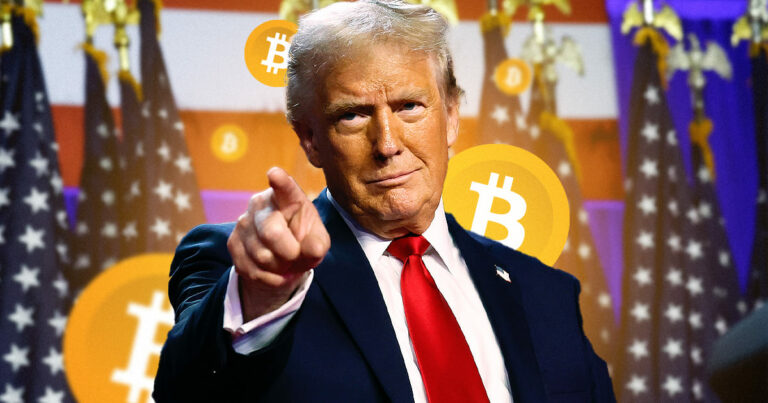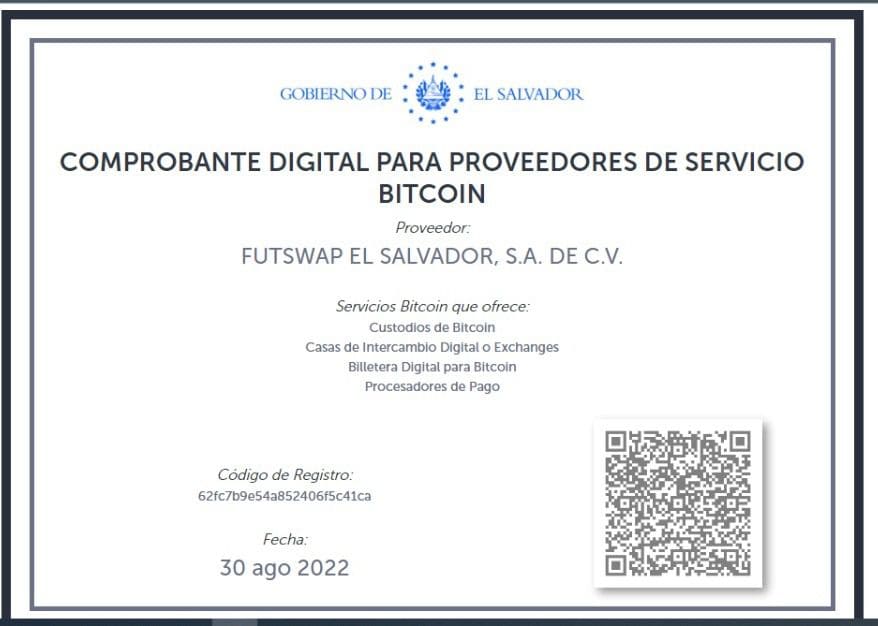Over the past decade, we have witnessed a radical transformation in how we manage our finances. What was once the exclusive domain of traditional banking institutions and physical transactions has now rapidly digitalized. Digital finance is not just the future; it’s already the present of personal financial management. This shift has been fueled by the rise of digital wallets, which have emerged as essential tools for handling money in an increasingly globalized and connected world.
The Digital Finance Revolution
Digital finance refers to using digital technologies to manage, transfer, and store money. This encompasses everything from simple online transactions to investing in digital assets like cryptocurrencies. The shift towards digital has been driven by several factors, including increased internet connectivity, the proliferation of mobile devices, and the need for faster and more efficient financial solutions.
Today, digital finance covers a wide range of services, including online banking, electronic payments, digital investments, and, of course, digital wallets. These services have empowered individuals with unprecedented control over their finances, making it easier to manage and monitor their financial resources in real time.
Digital Wallets: A Powerful Tool
Among the various tools that have emerged in the realm of digital finance, digital wallets stand out for their versatility and ease of use. These applications allow users to store and manage money digitally, make payments, transfer funds, and, in some cases, invest in assets like cryptocurrencies, all from a mobile device.
Digital wallets have dramatically changed the way people interact with money. Instead of relying on cash or physical cards, users can securely and efficiently conduct transactions directly from their smartphones. Additionally, these wallets offer an extra layer of convenience by enabling linkage with bank accounts, credit cards, and other payment methods.
Advantages in Developed Countries
In developed countries, digital wallets have gained massive acceptance due to several clear advantages:
- Convenience and Accessibility: Digital wallets eliminate the need to carry cash or physical cards. Users can make purchases, pay bills, and transfer money quickly and efficiently. Moreover, many of these wallets are integrated with traditional financial services, making them easy to use and adopt.
- Security: Digital wallets use advanced encryption technology to protect user information. Many also offer two-factor authentication (2FA) and biometric security, adding an extra layer of protection.
- Integration with Digital Services: In an environment where digital services are constantly expanding, digital wallets offer a fast and secure way to pay for a wide range of services, from online shopping to streaming services.
- Financial Innovation: Digital wallets in developed countries have also spurred innovation in financial services, enabling users to access a broader range of products, such as cryptocurrency investments or microloans.
Impact and Advantages in Developing Countries
In developing countries, the impact of digital wallets has been even more transformative. Here, digital wallets represent not just a convenience but a crucial tool for financial inclusion.
- Access to Financial Services: In many developing regions, access to traditional banking services is limited. Digital wallets have enabled millions of people to access basic financial services, such as savings, payments, and transfers, that would otherwise be unavailable.
- Bridging the Digital Divide: As smartphone penetration increases in developing countries, digital wallets are helping to bridge the digital divide by providing access to financial services through mobile devices.
- Facilitating Remittances: Remittances are a vital source of income for many families in developing countries. Digital wallets have simplified the process of receiving remittances, reducing costs and wait times, and allowing families to access their money more quickly and efficiently.
- Supporting the Informal Economy: In many developing countries, a significant portion of the economy is informal. Digital wallets have made it easier to conduct transactions in this sector, enabling small merchants and informal workers to accept electronic payments without the need for traditional banking infrastructure.
Challenges and Considerations
Despite the clear advantages, the path to mass adoption of digital wallets is not without challenges. In developed countries, one of the main challenges is market competition and fragmentation. With so many options available, users may find it overwhelming to choose the wallet that best suits their needs.
In developing countries, the lack of adequate infrastructure, such as reliable internet access and electricity, remains a significant obstacle. Moreover, financial education and digital literacy are crucial to ensuring that users understand how to use these tools safely and effectively.
Conclusions
Digital finance and digital wallets are changing the way people manage their money, both in developed and developing countries. While challenges persist, the advantages of these tools are evident. As we continue to move towards a more digitalized world, both individuals and financial institutions must continue to adapt to these changes, leveraging the opportunities that digital finance offers to enhance financial inclusion, efficiency, and security globally.
In summary, digital finance is not only here to stay but will continue to shape the future of personal finance, offering broader, safer, and more convenient access to financial services for people around the world. Digital wallets, as the epicenter of this revolution, will continue to play a crucial role in this new economic landscape.
In this context of digital transformation, Futswap® emerges as a powerful tool for managing and optimizing personal finances in the digital age. With its intuitive and secure platform, Futswap® facilitates transactions and the management of digital assets, offering a comprehensive solution for users worldwide. Its ability to integrate multiple financial services in one place, from payments to cryptocurrency investments, makes Futswap® an ideal choice for those seeking simplicity and those looking to maximize their opportunities in the growing digital finance market.
With Futswap®, users not only have total control over their finances but can also actively participate in the global digital economy efficiently and securely.







